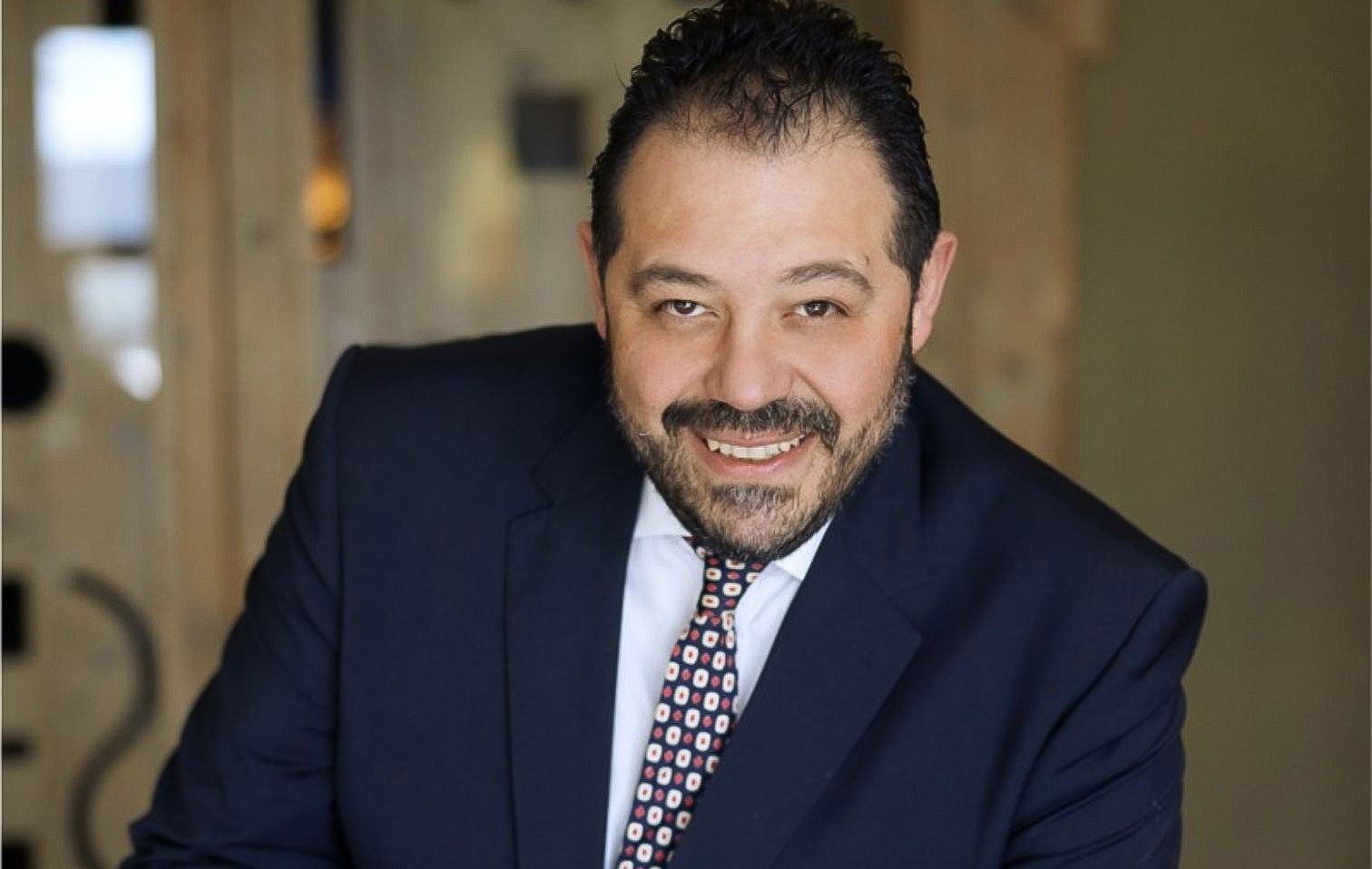Can a scathing review build a business and reputation, or does it truly represent the critic's honesty? Luca Vissani's Opinion: "It's Time to Rate the Reviewers, Only Then Everyone Will Feel Accountable."
The opinion
It's a fact: criticism pays off. Hundreds of articles around the world have sprung up following the negative review of Eleven Madison Park during its transition to veganism by The New York Times, specifically by critic Pete Wills. It's a guaranteed trending topic in times of static journalism. Something similar was attempted by Stefano Bonilli when he unleashed Tokyo Cervigni, someone who had no reservations about wielding the bazooka. Until the sensational rejection of Niko Romito's Bulgari Roma by the new Gambero Rosso under the direction of Marco Mensurati, which, after praising the great Abruzzese chef in previous years, rather unflatteringly titled it "Try Again Niko", authored by Lorenzo Ruggeri.

In the history of Italian gastronomic criticism, the scars from sharp pens remain: we remember Camillo Langone on Ferran Adrià (referred to as "the Antichrist," according to Bob Noto, a gem of food literature), as well as Edoardo Raspelli on Ferran Adrià ("22 courses of shame" in La Stampa) and even the usually impeccable Massimiliano Alajmo, humiliated with a score of 11.5 out of 20 in the Espresso Guide. A rejection that was later proudly proclaimed: "If I hadn't taken Massimiliano Alajmo to task for that rubbery polenta presented to me at Calandre, today, the second restaurant in Italy (tied with Enoteca Pinchiorri in Florence) would still be engaging in the same gastronomic nonsense as before." But his criticism has also targeted Carlo Cracco, brutally in 2008, and Terry Giacomello, ridiculed in 2019 for the intricacies of Inkiostro's cuisine, perhaps also due to its bullian roots. And, of course, Valerio Visintin, the masked critic.
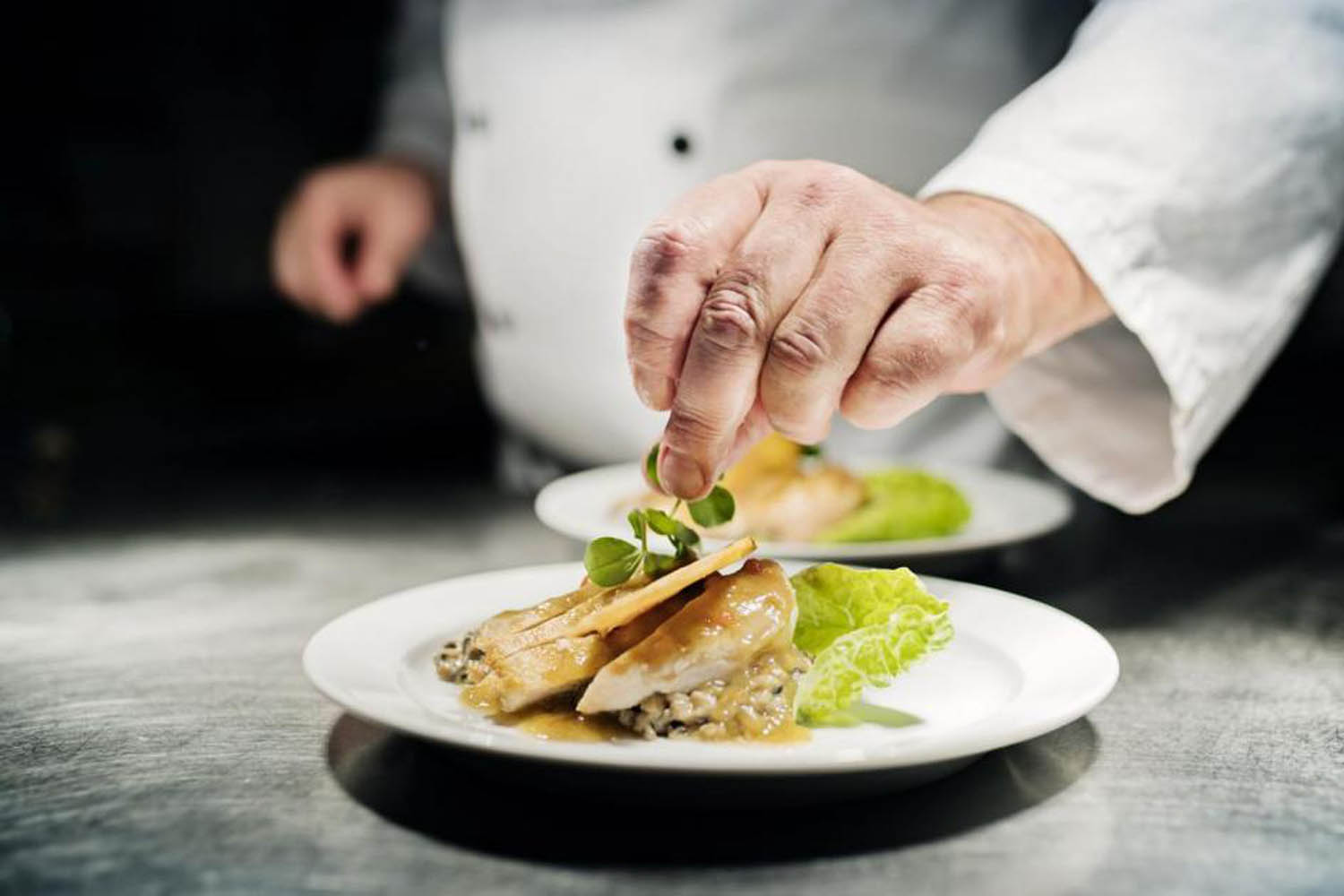
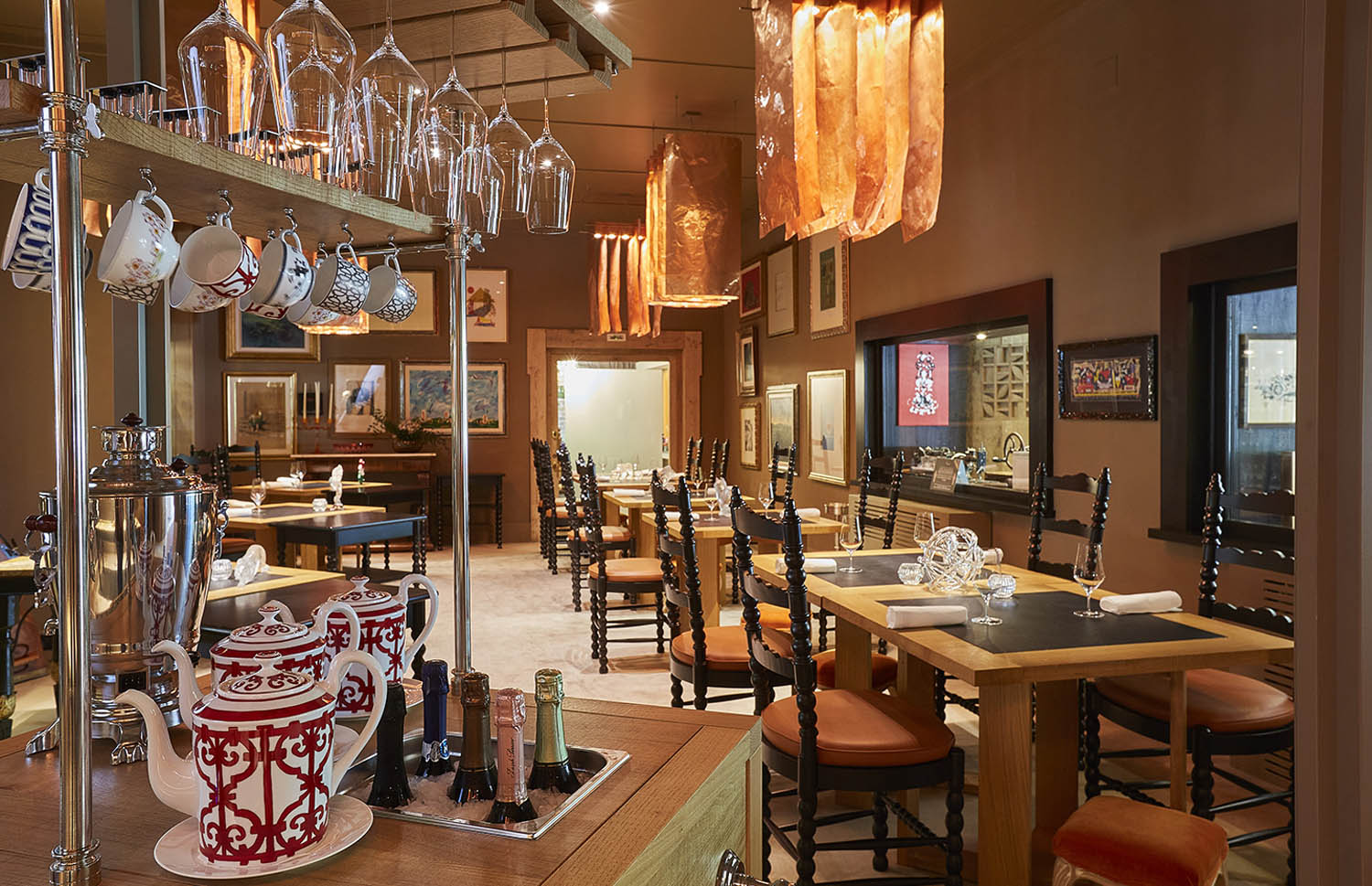
But does scathing criticism truly represent the definitive proof of a critic's honesty and professionalism? Chefs remain tight-lipped: it's difficult to take a public stance against Italy's leading gastronomic magazine, especially after such a precedent. Immediate solidarity, on the other hand, was expressed by Luca Vissani, who reaffirms his position: "I believe that certain things can simply be said differently, using less sensationalistic journalism. Not just in the kitchen."
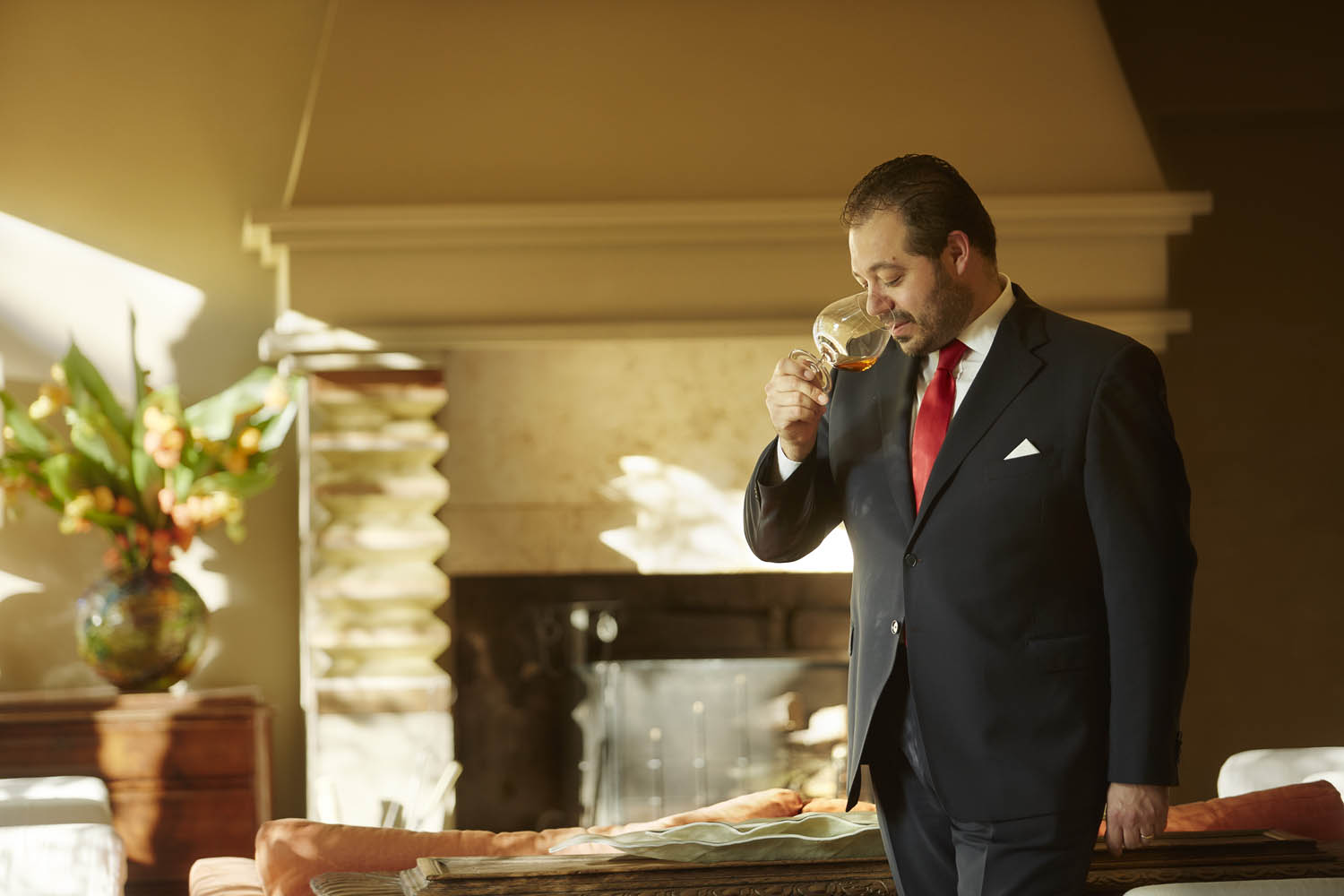
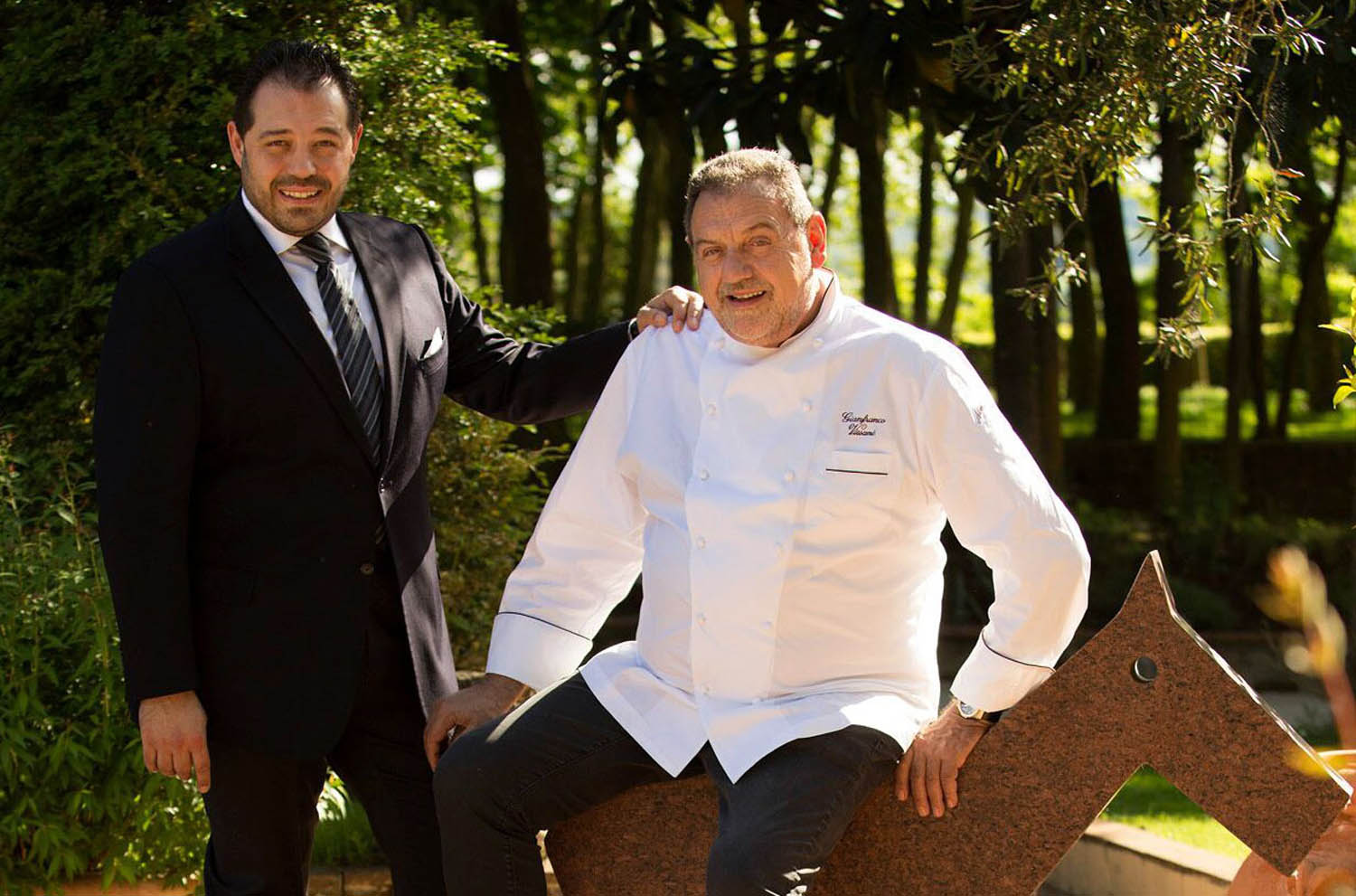
"Sensationalism works, it gets viewership, but it's not right. As public places that provide services, we should be critiqued, but there are different ways to do it, especially when it comes to 'Made in Italy,' which must always be safeguarded, not tarnished. We are the only nation that conducts certain checks, such as traceability, but there will always be a black sheep. We need to address the issues, but we only talk about disasters because they make headlines. We need to distance ourselves from certain editorial models that are excessively ego-centered. If a journalist writes nonsense, we certainly don't put them on trial. Or the Sunday reviewers on TripAdvisor, who can say anything."

"I thought: let's make sure everyone registers with their full name and surname and create rankings for users too, so that I can choose whether to be guided by the journalist or the average customer and then vote on their recommendations. So even sensationalistic journalists can lose points. This is my idea of a 'guide' conceived in a modern way that holds everyone accountable for their behavior."
